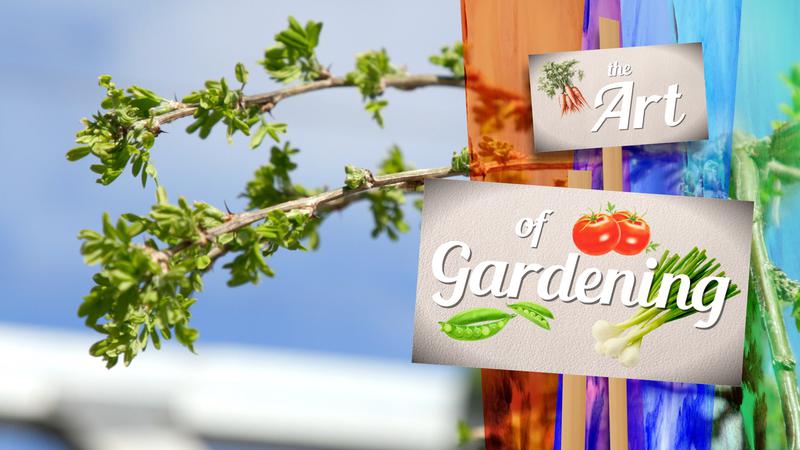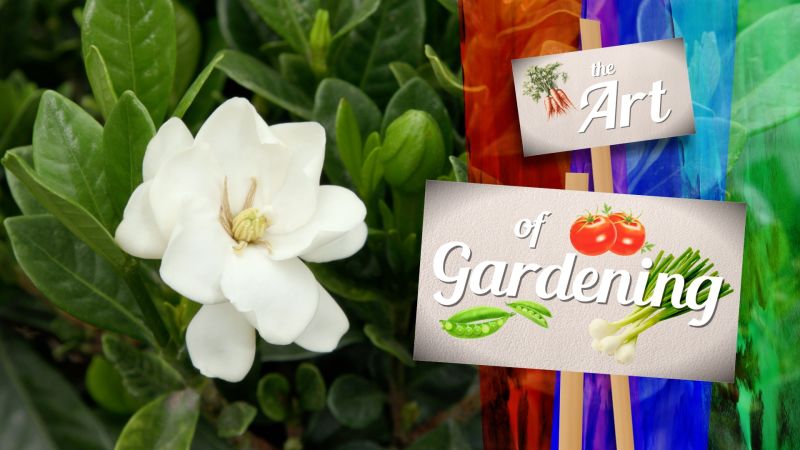
DECISION 2021: Government Spending and Debt
KAMLOOPS — Government expenditures and fiscal responsibility are always a key talking point during an election. Liberal leader Justin Trudeau has increased government spending since taking office in 2015. In the last four years, the government’s debt has doubled to $1.4 trillion. The final part of our federal election coverage deals with government spending and debt, and if and how the parties plan to balance the budget.
From the time he took over as Prime Minister in 2015, Justin Trudeau has been racking up the national debt — and much of it has naturally been part of his plan to stimulate the economy.
The COVID-19 pandemic aside, when the Liberals and NDP collaborated to implement iniatives such as the Canadian Emergency Response Benefit, or CERB. Pandemic spending has put the country more than $500 million further into debt, according to the last two budget years that saw deficits.


